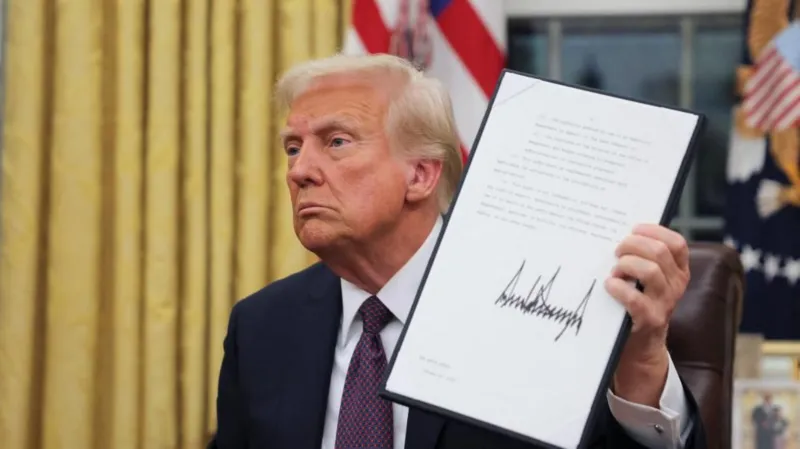The Panama Canal, a vital artery for global trade and an engineering marvel, has been the stage for international diplomacy, political maneuvering, and occasionally, outright theatrics. In recent years, few incidents have captured the public’s attention as dramatically as Donald Trump’s contentious involvement in a dispute surrounding this historic waterway. The clash was emblematic of Trump’s larger-than-life persona, his unyielding negotiation style, and the broader geopolitical challenges tied to the canal’s strategic importance.
The controversy arose over allegations of contract disputes, financial mismanagement, and political interference concerning American corporate investments in the Panama Canal. Trump, known for his propensity to dive headfirst into conflicts with characteristic bluster, took an unorthodox approach. He championed the grievances of U.S. firms with vigor, framing the dispute as an affront to American interests and pride.
This standoff highlighted not just the canal’s enduring geopolitical significance but also the cultural and political tensions between Panama and the United States. Trump’s tactics involved a mix of public rhetoric, behind-the-scenes lobbying, and legal maneuvering, all of which escalated the situation to an international spectacle.
Critics argued that his methods risked alienating Panama, a long-time U.S. ally, while proponents contended that his hardball strategies underscored a need for fairness in dealings with American companies. The incident also drew attention to broader issues such as transparency in international agreements, the influence of corporate lobbying on foreign policy, and the enduring legacy of U.S.-Panama relations.
While the immediate outcomes of the dispute included strained diplomatic ties and a resolution that left neither side entirely satisfied, the long-term implications remain subject to debate. For Trump, the incident was another chapter in his tumultuous political career, showcasing his approach to international conflicts: high on drama, fiercely unapologetic, and resolutely aimed at projecting strength.
In retrospect, the Panama Canal dispute serves as a case study in the intersection of geopolitics, economics, and the idiosyncratic leadership style of a polarizing figure. It also serves as a reminder of the intricate balance required to manage global partnerships in an era where nationalist rhetoric and international collaboration often collide.




















